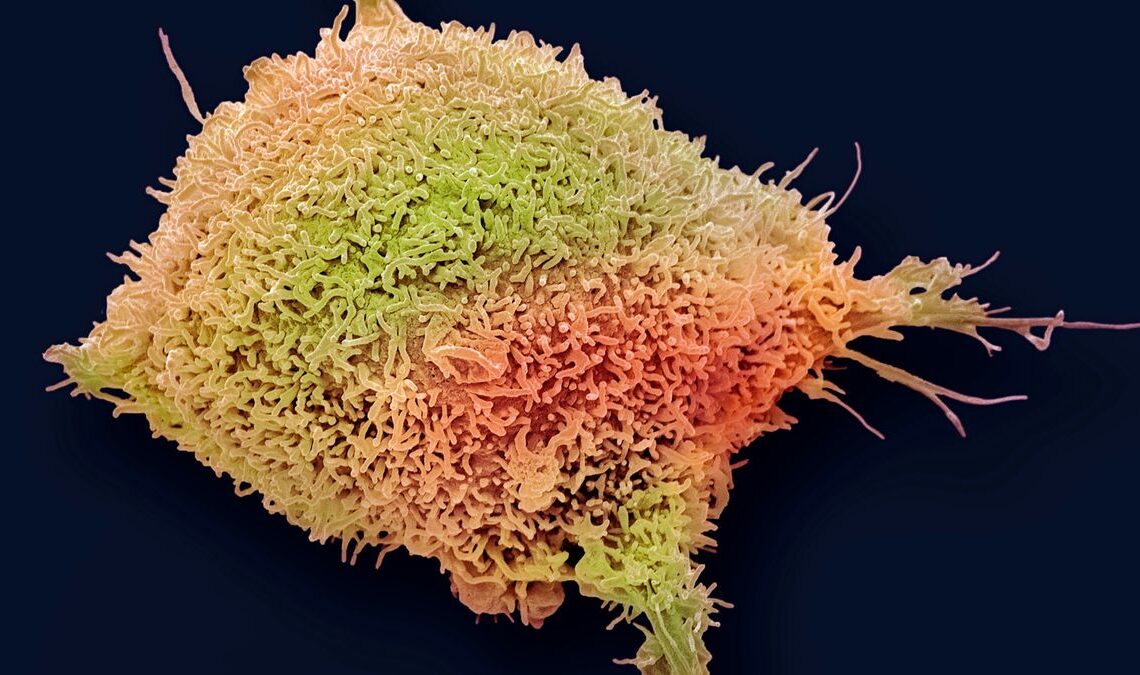Cervical cancer deaths have fallen sharply among young women in the United States since 2013, new research reveals.
According to data from the National Center for Health Statistics, a government agency, around 13 women aged younger than 25 died from cervical cancer between 2019 and 2021, compared to 35 between 2013 and 2015 — a 62% decrease in cancer-related deaths.
Researchers described their findings in a study published Wednesday (Nov. 27) in the journal JAMA. They say the study is the first of its kind to suggest that vaccination against human papillomavirus (HPV) is now preventing cervical cancer deaths in young women, specifically. HPV vaccination was introduced in the U.S. in 2006. It works by preventing high-risk HPV infections, the most common cause of cervical cancer.
“This is a critical milestone in the public health success story of this cancer prevention intervention,” Ashish Deshmukh, study co-author and an associate professor at the Medical University of South Carolina, told Live Science in an email.
Related: New self-swab HPV test is an alternative to Pap smears. Here’s how it works.
“The findings signify the importance of continued improvement in the HPV vaccination rates in the U.S.,” Deshmukh said.
Cervical cancer develops in the cells of the cervix — the lowest part of the uterus that connects the organ to the vaginal canal. In most cases, cervical cancer is triggered by specific strains of HPV infecting cervical cells and thus altering their DNA so they grow uncontrollably.
The disease is the fourth-most-common type of cancer among women worldwide. However, it is highly preventable thanks to vaccination and regular cervical screening. It is also curable through treatments such as surgery and chemotherapy, if it is caught early enough. Unfortunately, because of health inequities, around 94% of deaths from cervical cancer occur in people living in low- and middle-income countries.
The U.S. Centers for Disease Control and Prevention recommends that both male and female children get vaccinated against HPV at age 11 or 12. Vaccination can be started as early as age 9 for certain people, such as those who are immunocompromised. And if someone wasn’t vaccinated in childhood, they could get the shots as late as 26 years old, or even later, if their doctor recommends it. People who start the vaccine series before their 15th birthday typically need two doses; those…
Click Here to Read the Full Original Article at Livescience…

